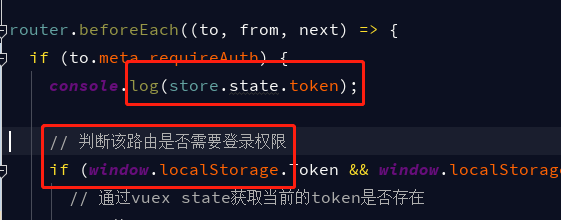What translation occurs when writing to a file that was opened in text mode that does not occur in binary mode? Specifically in MS Visual C.
unsigned char buffer[256];
for (int i = 0; i < 256; i++) buffer[i]=i;
int size = 1;
int count = 256;
Binary mode:
FILE *fp_binary = fopen(filename, \"wb\");
fwrite(buffer, size, count, fp_binary);
Versus text mode:
FILE *fp_text = fopen(filename, \"wt\");
fwrite(buffer, size, count, fp_text);
I believe that most platforms will ignore the \"t\" option or the \"text-mode\" option when dealing with streams. On windows, however, this is not the case. If you take a look at the description of the fopen() function at: MSDN, you will see that specifying the \"t\" option will have the following effect:
- line feeds (\'\\n\') will be translated to \'\\r\\n\" sequences on output
- carriage return/line feed sequences will be translated to line feeds on input.
- If the file is opened in append mode, the end of the file will be examined for a ctrl-z character (character 26) and that character removed, if possible. It will also interpret the presence of that character as being the end of file. This is an unfortunate holdover from the days of CPM (something about the sins of the parents being visited upon their children up to the 3rd or 4th generation). Contrary to previously stated opinion, the ctrl-z character will not be appended.
In text mode, a newline \"\\n\" may be converted to a carriage return + newline \"\\r\\n\"
Usually you\'ll want to open in binary mode. Trying to read any binary data in text mode won\'t work, it will be corrupted. You can read text ok in binary mode though - it just won\'t do automatic translations of \"\\n\" to \"\\r\\n\".
See fopen
Additionally, when you fopen a file with \"rt\" the input is terminated on a Crtl-Z character.
Another difference is when using fseek
If the stream is open in binary mode, the new position is exactly offset bytes measured from the beginning of the file if origin is SEEK_SET, from the current file position if origin is SEEK_CUR, and from the end of the file if origin is SEEK_END. Some binary streams may not support the SEEK_END.
If the stream is open in text mode, the only supported values for offset are zero (which works with any origin) and a value returned by an earlier call to std::ftell on a stream associated with the same file (which only works with origin of SEEK_SET.
We had an interesting problem with opening files in text mode where the files had a mixture of line ending characters:
1\\n\\r
2\\n\\r
3\\n
4\\n\\r
5\\n\\r
Our requirement is that we can store our current position in the file (we used fgetpos), close the file and then later to reopen the file and seek to that position (we used fsetpos).
However, where a file has mixtures of line endings then this process failed to seek to the actual same position. In our case (our tool parses C++), we were re-reading parts of the file we\'d already seen.
Go with binary - then you can control exactly what is read and written from the file.


